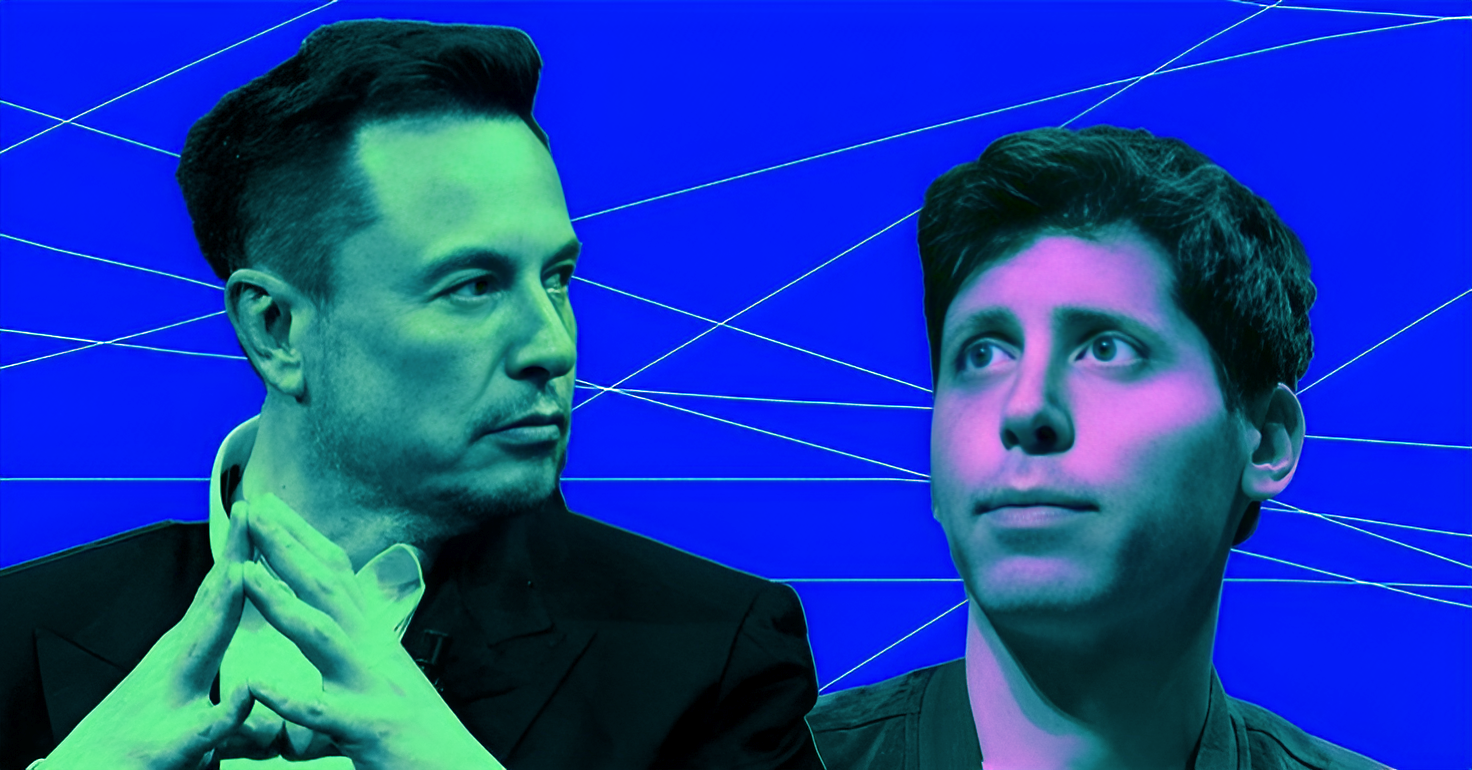In a high-stakes clash between Silicon Valley titans, the California Attorney General has declined to support Elon Musk’s lawsuit against OpenAI — a legal dispute that raises deeper questions about the future of nonprofit governance in artificial intelligence.
In a letter made public on Tuesday, the California Attorney General’s Office formally stated it would not be joining Musk’s lawsuit against OpenAI, citing insufficient evidence that the case serves the public interest of the state. The lawsuit, filed by Musk earlier this year, challenges OpenAI’s shift from nonprofit oversight to a for-profit structure, which he argues undermines its founding mission.
A Rift Between Founders
Elon Musk, who co-founded OpenAI in 2015 alongside current CEO Sam Altman, has accused the company of straying from its original purpose: developing AI to benefit humanity rather than pursuing corporate profit. Musk’s departure from OpenAI preceded the organisation’s meteoric rise in the generative AI space, notably with the success of ChatGPT.
Now, with OpenAI seeking to remove its nonprofit board in favour of equity-based control, Musk has taken legal action, warning that the move risks compromising the organisation’s charitable objectives. His suit also claims that a Musk-led group made an unsolicited $97 billion offer for control of OpenAI, a move the Attorney General’s Office appears to view with scepticism.
Public Interest or Private Gain?
In Monday’s official response, California's top legal authority wrote that Musk had not adequately demonstrated how his lawsuit would benefit the public, raising concerns that the entrepreneur was attempting to leverage charitable assets for private purposes. The statement is a significant blow to Musk’s legal argument, as he had hoped for state-level backing.
However, the Attorney General's role in the matter is far from over. As the regulator overseeing nonprofits within the state, California still holds authority to approve or deny OpenAI’s proposed structural changes. This means the future of OpenAI’s transformation remains partly in the state's hands.
OpenAI’s Case for Transformation
OpenAI has defended its position, arguing that removing nonprofit control is essential to secure critical funding, including a reported $40 billion investment round due by year’s end. The company insists the nonprofit will retain a valuable equity stake, which will continue to support its mission as OpenAI scales.
OpenAI maintains that this hybrid model enables it to remain competitive while still upholding its broader goals. Nevertheless, critics, including former OpenAI employees and philanthropic leaders, have joined Musk in expressing concern over the rapid shift towards commercialisation.
Legal Battle Looms
While the California Attorney General will not be joining the lawsuit, the legal battle is far from over. Musk’s legal team responded on Tuesday, arguing that the Attorney General had misunderstood their intentions and reaffirmed that Musk does not wish to acquire OpenAI unless the nonprofit’s influence is diminished.
A jury trial is set for spring 2026, and both sides appear committed to a prolonged and highly public legal battle.
What’s at Stake?
This case highlights growing tensions within the AI industry over the balance between innovation, profit, and public responsibility. As private capital pours into artificial intelligence, the debate around governance models and who ultimately controls the technology, becomes more pressing.
For now, California may be taking a neutral stance, but the outcome of this legal fight could shape how future AI organisations are structured, funded, and held accountable.




















Discussion